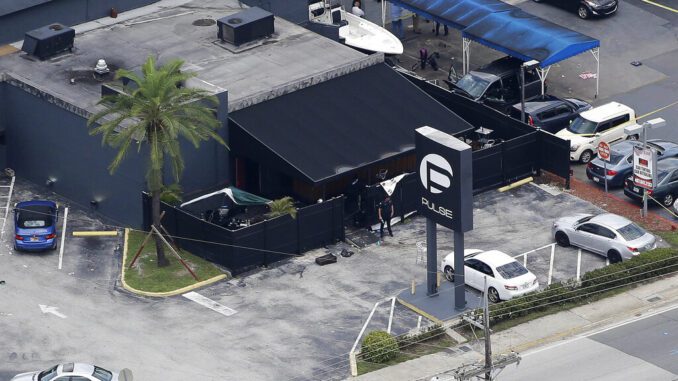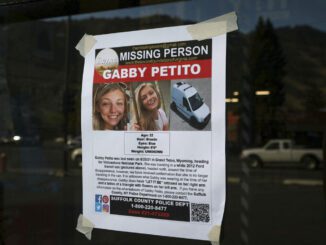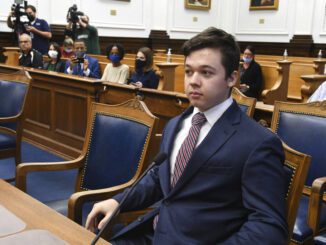
It’s been seven years since the June 12, 2016, Pulse nightclub shooting massacre in Orlando which saw 29-year-old domestic terrorist Omar Mateen open fire in the LGBT nightclub and murder 49 people, injuring 53 before being killed during a standoff with police.
As per the norm, in the immediate aftermath, the mainstream media rushed to assign blame before waiting for the facts to be laid out, pointing fingers at so-called “anti-gay” legislation from Republican lawmakers in states like Mississippi and North Carolina.
In an article that ran in The Charlotte Observer, reporters from McClatchy’s D.C. bureau desperately searched for a link between such legislation and Mateen.
“Hundreds of bills to curb LGBT rights preceded Orlando attack. Is there a link?” their headline read.
And though they could find no link (because there wasn’t one), they still managed to figure out a way to blame Republicans.
“While other motives may have inspired the attack, which killed 49 people, advocates say the rate of hate crimes against LGBT people goes up when there is a debate over their rights,” the news outlet also proclaimed.
“The sponsors of the various bills say they are not intended to promote violence against LGBT people,” they wrote. And just to “prove” it, they actually asked legislators who promoted such bills if that was their intent.
Seriously.
Agenda-driven journalists in the North Carolina media led the way in pushing the “blame HB2” narrative for the Pulse murders, with The Charlotte Observer faith and values writer Tim Funk asking, “Will the debate about who can use which bathroom seem quaint after chilling narratives out of Orlando about gay men hiding in the bar’s bathroom in hopes of escaping the notice of a gun-wielding terrorist whose father told police he had been outraged at the sight of two men kissing?”
Not to be outdone, the Raleigh News and Observer editorial board insinuated HB2 should be repealed just so it didn’t come off as a “gratuitous slap” to the Pulse victims and their families and, more broadly, the LGBT community.
“Now, after the tragedy in Orlando, HB2 looks even more like a gratuitous, cruel slap at gays, lesbians, and transgender people. It is all the more embarrassing to North Carolina than it was — and it was plenty embarrassing,” they sneered.
Coming from the same newspaper that wallowed in embarrassment over their admittedly one-sided coverage of the Duke lacrosse rape hoax, the N&O’s accusations of embarrassment toward others were a sight to behold, but I digress.
WRAL North Carolina Capitol bureau chief Laura Leslie was perhaps the worst of all, taking aim at North Carolina Republicans on her Facebook page while denying Mateen’s allegiance to radical Islam had anything to do with his actions.
“If you’re an elected official in NC offering ‘thoughts and prayers’ and ‘support’ in the wake of this horrific anti-gay crime,” Leslie ranted, “maybe you should think long and hard about your support of legislation that singles out LGBT people as fair game for discrimination on ‘religious freedom’ grounds. Rhetoric matters.”
In reality, Mateen had pledged allegiance to the terrorist group ISIS, was upset over U.S. actions towards Syria and Iraq, and reportedly did not even know Pulse was a gay nightclub, picking it because it wasn’t well-guarded, as mass murderers often do.
If you’re a reporter covering these stories, maybe you should think long and hard before jumping to conclusions, which could save you some embarrassment in the long run. Though elected officials are fair game for criticism, there’s also an important thing in journalism called asking questions.
And if you’re leaning in on your preconceived biases in your reporting rather than seeking out the facts and presenting them to the public, you’re doing your audience and your profession a great disservice.
Facts matter.
North Carolina native Stacey Matthews has also written under the pseudonym Sister Toldjah and is a media analyst and regular contributor to RedState and Legal Insurrection.



